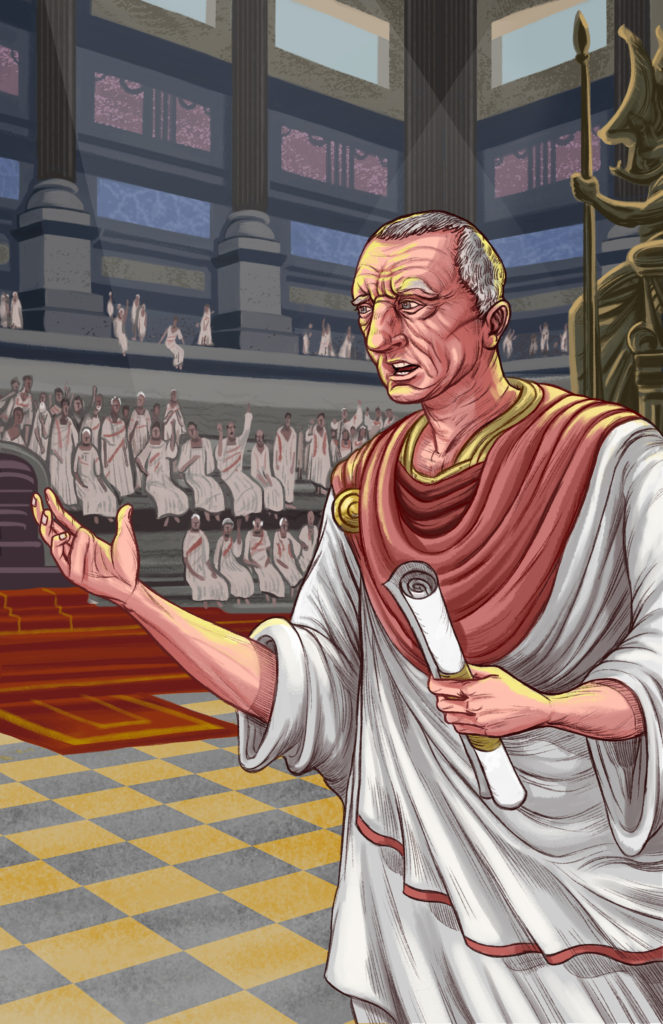America Should Learn From The Punic Wars:
It is a lesson that comes down to us from the Punic Wars that there must be one leader who is in charge of the military. You cannot involve the Senate or the legislature. Nor are military decisions reviewable by a court.
What happened during the three Punic Wars? The First Punic War between the ancient Romans during the Republic and the Carthaginians took place from 264 to 241BC. The Second Punic War took place between 218 and 201BC. The Third Punic War took place between 149 and 146BC. By the end Rome was master of the Mediterranean. But it was at a great cost. The whole Roman Republic had to be turned on its end. The system was deficient with two consuls elected to be in charge of the government. Both also wanted to be in charge of the army, and that didn’t work.
During the first two Punic Wars Rome almost got defeated because of such practices. The Carthaginian general Hannibal invaded Italy. He won a decisive victory at Cannae in 216BC. That single battle made later battles in European history look tame. It made the Battle of the Somme in World War 1 look like child’s play. The Roman army was annihilated. They were trapped by Hannibal, surrounded by enemies, with no room for escape. Soldiers In the center of the trapped formation started to commit suicide and even bury themselves before they were slaughtered.
During the lead up to the Third Punic War one senator emerged as a leader, Cato the Elder, who drove his fellow senators on towards war. He ended every speech with the words, “Carthage must be destroyed.” Scipio Aemilianus was the general who finally stood there while Carthage burned and fifty thousand new slaves surrendered and were led out of the burning city in chains.
But the Punic Wars led directly to the end of the Roman Republic with the civil wars of Marius and Sulla and later Pompey and Caesar. It led to Caesar marching on Rome and to the Roman emperors. They needed a strong executive power to lead armies.
America should learn from this crisis in western civilization. If Trump calls a national emergency and sends troops to the border, it is not a matter for the legislature to contradict nor is it reviewable by the courts. The only proper review for such a military decision is the ballot box in 2020. You don’t want to run the risk of having an executive branch that is not strong enough. That could bring the government down as the Romans taught us long ago.
